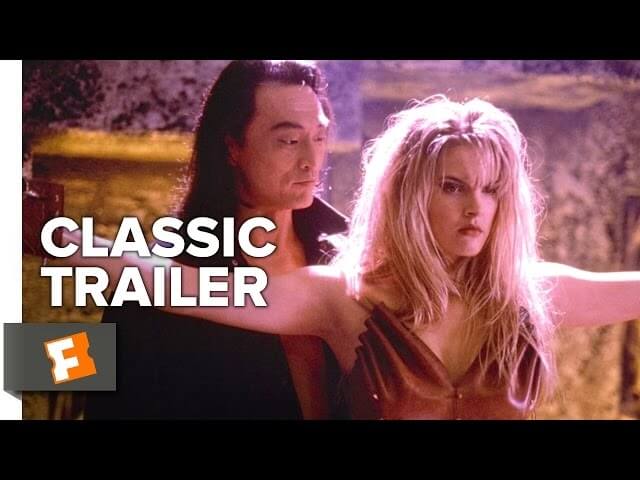Read This: An oral history of the first Mortal Kombat film

In August of 1995, a film managed to break the curse of previous video game adaptations and actually end up number one at the box office. Despite previous efforts like Super Mario Bros., Double Dragon, and Street Fighter, it was Mortal Kombat that finally proved video games were a viable source for adaptation, and a lucrative one at that. Aaron Couch of The Hollywood Reporter recently sat down with many of the principles of the film and put together an oral history to celebrate its twentieth anniversary. What he found was a film where the fighting wasn’t just happening on-screen, but behind the scenes as well.
The first hesitancy about the film being made came from the game’s creators at Midway, who only saw Mortal Kombat as a (very popular) arcade game. Larry Kasanoff, fresh from his work with T2, had to convince them to let him make the movie. Kasanoff had a vision, dubbing the game “Star Wars meets Enter The Dragon” and wanted to use it as a launchpad for creating more epic tales. As Kasanoff says,
I never thought we were making a movie based on the video game. I always thought what we had to do was imply that the video game is the first incarnation of some story that exists sort of one up the pyramid. I always thought there’s a story that exists, and the first incarnation of that story was the video game. Now let’s go back to that story well and see how we can craft a movie from that. It doesn’t contradict the video game, it adds to it.








































